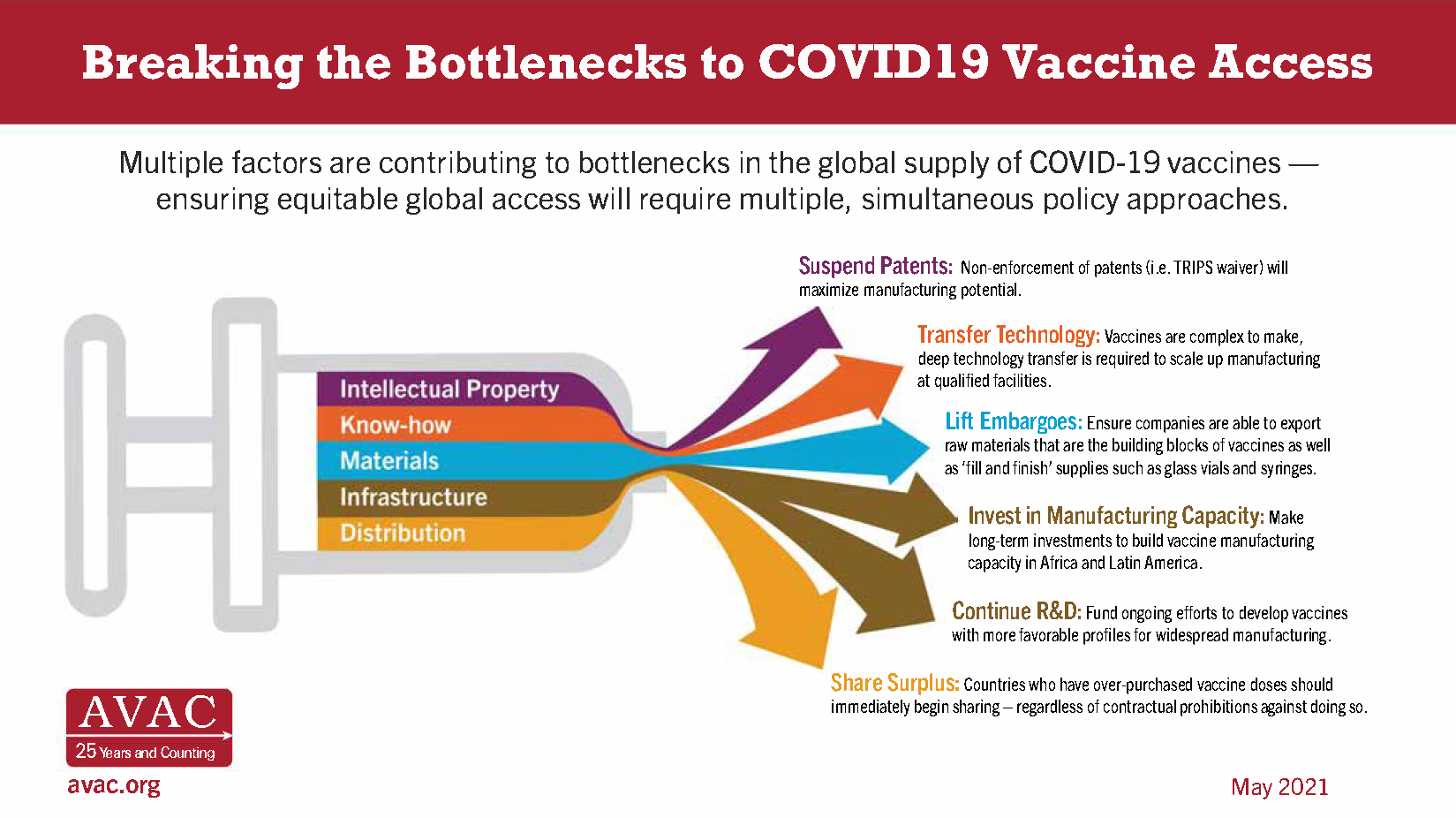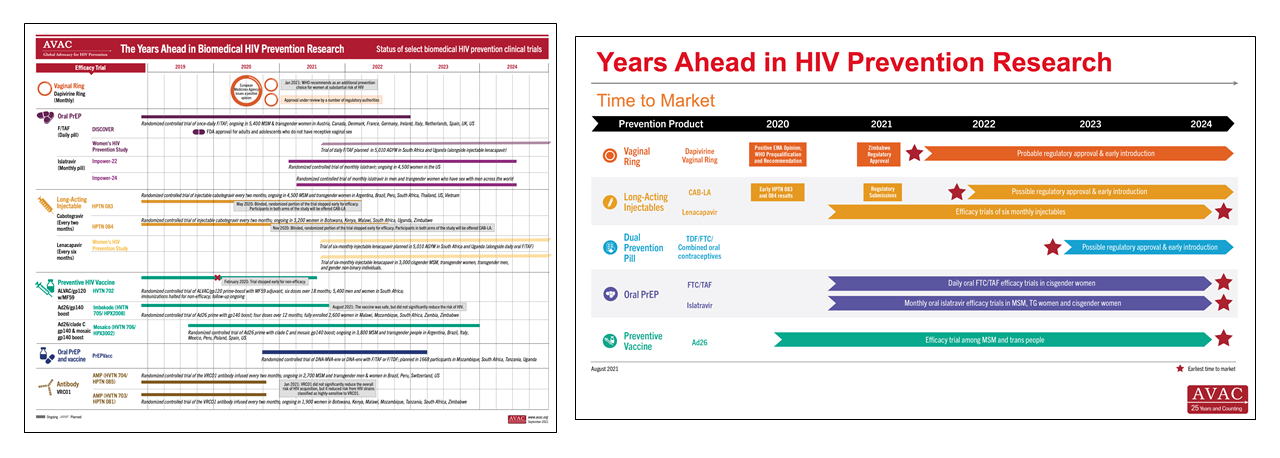AVAC applauds the Biden-Harris Administration on the nomination of John Nkengasong, a bold and inspiring choice, as the next US Global AIDS Coordinator to head the President’s Emergency Plan for AIDS Relief (PEPFAR), one of the most dynamic and effective foreign assistance programs ever developed.
Through four presidential administrations, PEPFAR has provided lifesaving HIV treatment to more than 18 million people in 50 countries and ensured access to prevention for tens of millions more. John Nkengasong is the right person at the right time to lead a program that has demonstrated its unique and unmatched value in the global AIDS response, but which also faces significant challenges in the future.
“John is exceptionally well qualified to confront those challenges, including increasing PEPFAR’s impact in the face of COVID-19 and building a foundation for pandemic preparedness and global health equity,” said AVAC Executive Director Mitchell Warren. “He is a highly accomplished scientist and administrator, known and respected in both the global North and South, with a strong commitment to global health equity. His work in establishing the African Society for Laboratory Medicine provided a critical foundation for PEPFAR effectiveness, and the rapid response to COVID under his leadership of the Africa CDC has been a shining light in the global pandemic response.”
“PEPFAR has been conceived as a partnership with other governments and communities, and Dr. Nkengasong has shown in his leadership at the Africa CDC that this is core to his approach. And hopefully his connections, relationships and track-record will help PEPFAR move even further and faster to ensure mutual accountability, co-financing with local governments and sustainability in building health infrastructure for HIV and pandemic response and prevention generally,” said Warren.
As the first person of African origin nominated for this position, John’s appointment also represents a major step toward the goal of ensuring that programs such as PEPFAR continue to incorporate and benefit from the perspectives and leadership of people from the regions in which these programs work.
“John has the passion, vision and experience to build on the noteworthy accomplishments of his predecessors and the unyielding commitment to following the data and engaging communities of current Acting US Global AIDS Coordinator Angeli Achrekar,” said Warren. “AVAC welcomes John’s appointment to this critical post and looks forward to working with him toward our shared goals of ending the AIDS pandemic and ensuring global health equity.”

